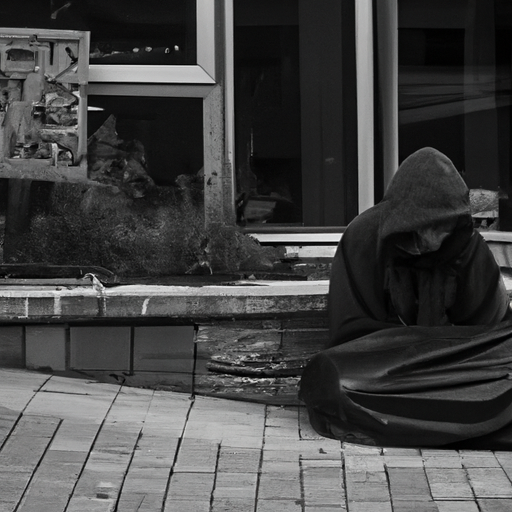Moving Forward: Addressing the Opioid Crisis in a Concerted Manner
In a recent piece published by CityNews Toronto, the urgency of the opioid crisis, and the rising demand for solutions among civic leaders and the Canadian society, are once again thrown into sharp focus.
Understanding the Scale and Impact of the Opioid Crisis
The opioid crisis is a pervasive public health threat that continues to exacerbate social and economic conditions and strains on resources. This menace touches every facet of society, from individuals to families and communities, leaving no stone unturned. This is not just a public health issue but extends to significant socioeconomic consequences, affecting our homeless population, influencing crime statistics, and placing an undue burden on our healthcare and social welfare systems.
Homelessness and the Opioid Crisis
Homeless individuals are particularly at risk. The disheartening cycle of homelessness and opioid misuse feed off each other, creating an unsettling situation of vulnerability and precarity. Shelter systems struggle with overcrowding, insufficient resources, and the mounting challenge of providing care for individuals battling addiction. This often exacerbates the struggles of our cities’ homeless populations, additional burdens being mental and physical health issues.
Opioids and Crime
On the flip side, the opioid crisis has unalterably transformed the landscape of crime in many communities. Law enforcement and judicial systems are significantly affected, with a notable increase in drug-related offenses, creating tension within communities and amplifying the burden on law enforcement agencies.
Efforts to Combat the Opioid Crisis
Several public health initiatives focused on curbing this crisis are underway. Among them, opioid class action lawsuits aim to hold pharmaceutical companies accountable for their significant part in instigating and perpetuating this crisis. Additionally, campaigns to broaden the usage and accessibility of naloxone – an antidote capable of reversing an opioid overdose – are being carried out nationwide and local support networks are being established to assist those struggling with addiction.
Opioid Class Action Lawsuits
Opioid class action lawsuits are a significant move towards corporate accountability. Big Pharma played a role in the opioid crisis, often downplaying the addictive potential of opioids and aggressively marketing these drugs. While holding companies accountable can be a drawn-out process, these lawsuits are a step towards justice and reparation for the harm caused by irresponsible practices.
Naloxone Accessibility
Naloxone has proven to be a vital tool in the fight against opioid overdose by rapidly reversing the toxic effects. Efforts to increase its accessibility are highly commendable and necessary. However, naloxone alone will not curtail the opioid crisis. It should be part of a broader public health strategy that includes preventive measures and providing comprehensive support to individuals struggling with opioid misuse.
Key Points Discussed:
- The opioid crisis is a significant public health concern with widespread social and economic impacts.
- Homeless populations are particularly at risk, with the crisis exacerbating existing social and health issues.
- The crisis has led to increased crime, putting immense pressure on law enforcement and judicial systems.
- Opioid class action lawsuits represent a move towards holding pharmaceutical companies accountable.
- Increasing naloxone accessibility is essential but should be part of a broader, comprehensive strategy.
Attempting to reconcile the magnitude of the opioid crisis with the pressing need for concrete solutions moving forward can be daunting. However, the combined force of coherent policy-making, community support networks, and public health initiatives can help combat this crisis. Though considerable progress has been made in the fight against opioid misuse, there is a long road ahead and numerous challenges to overcome. Ensuring that our society’s most vulnerable populations are not left in the wake of this crisis will require consistent efforts, innovative solutions, and a commitment to health and social equity for all.
